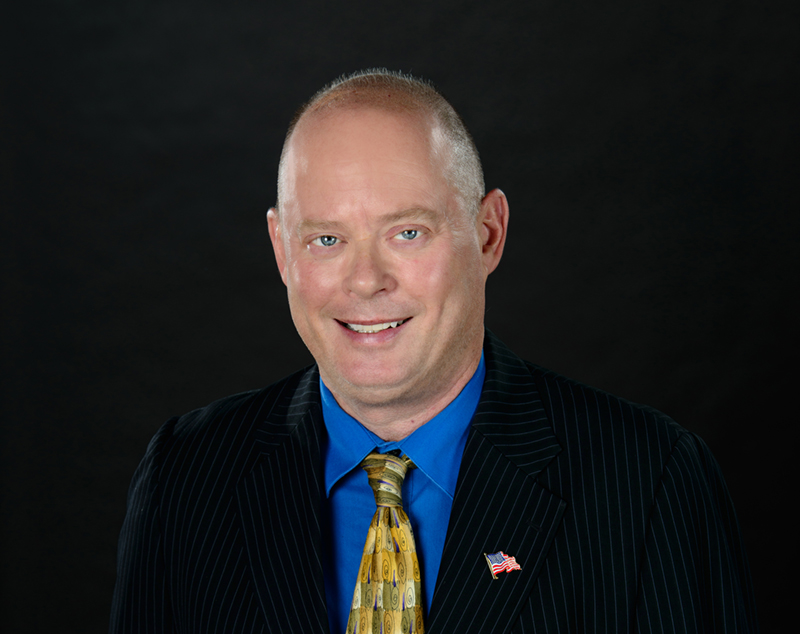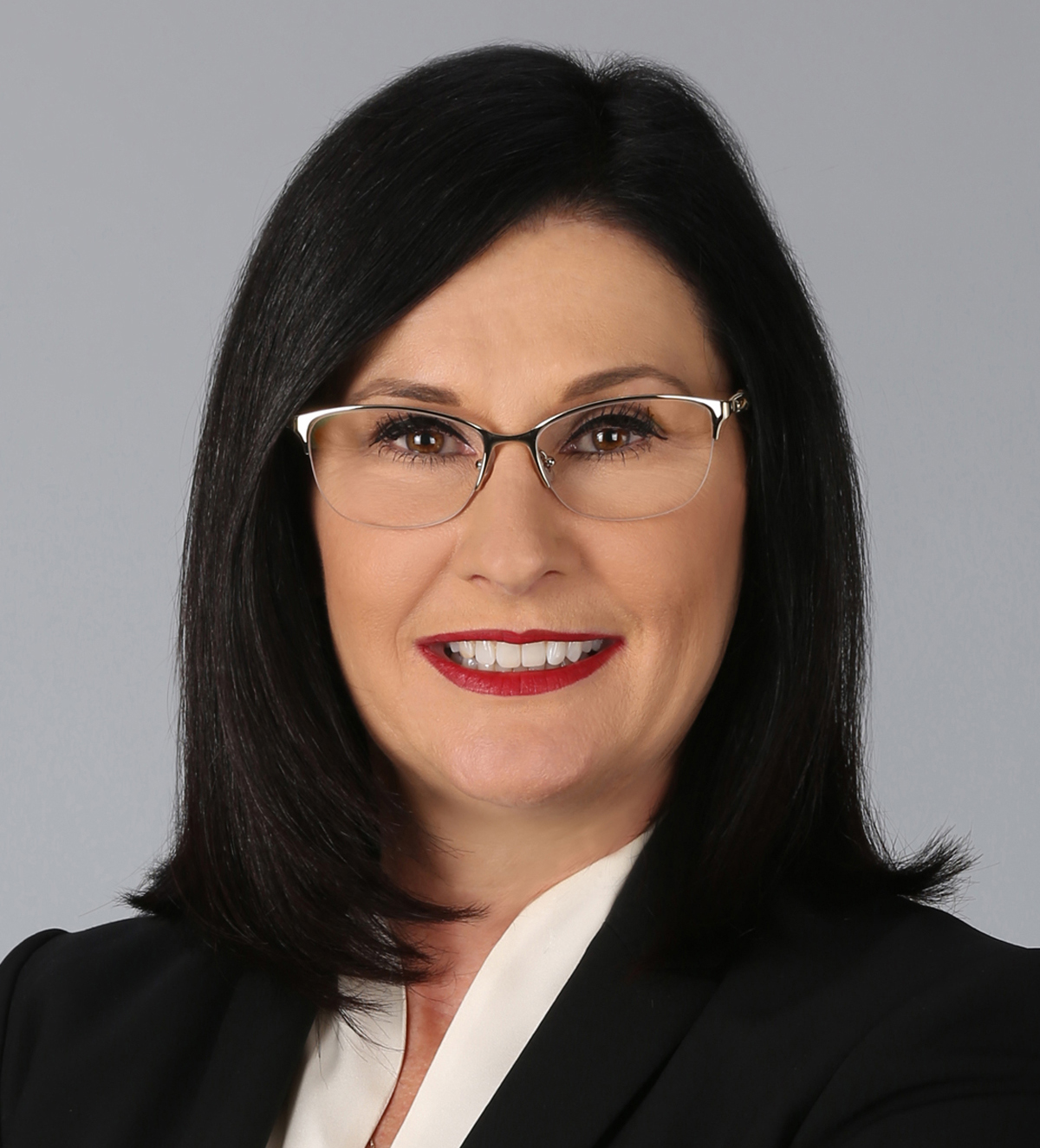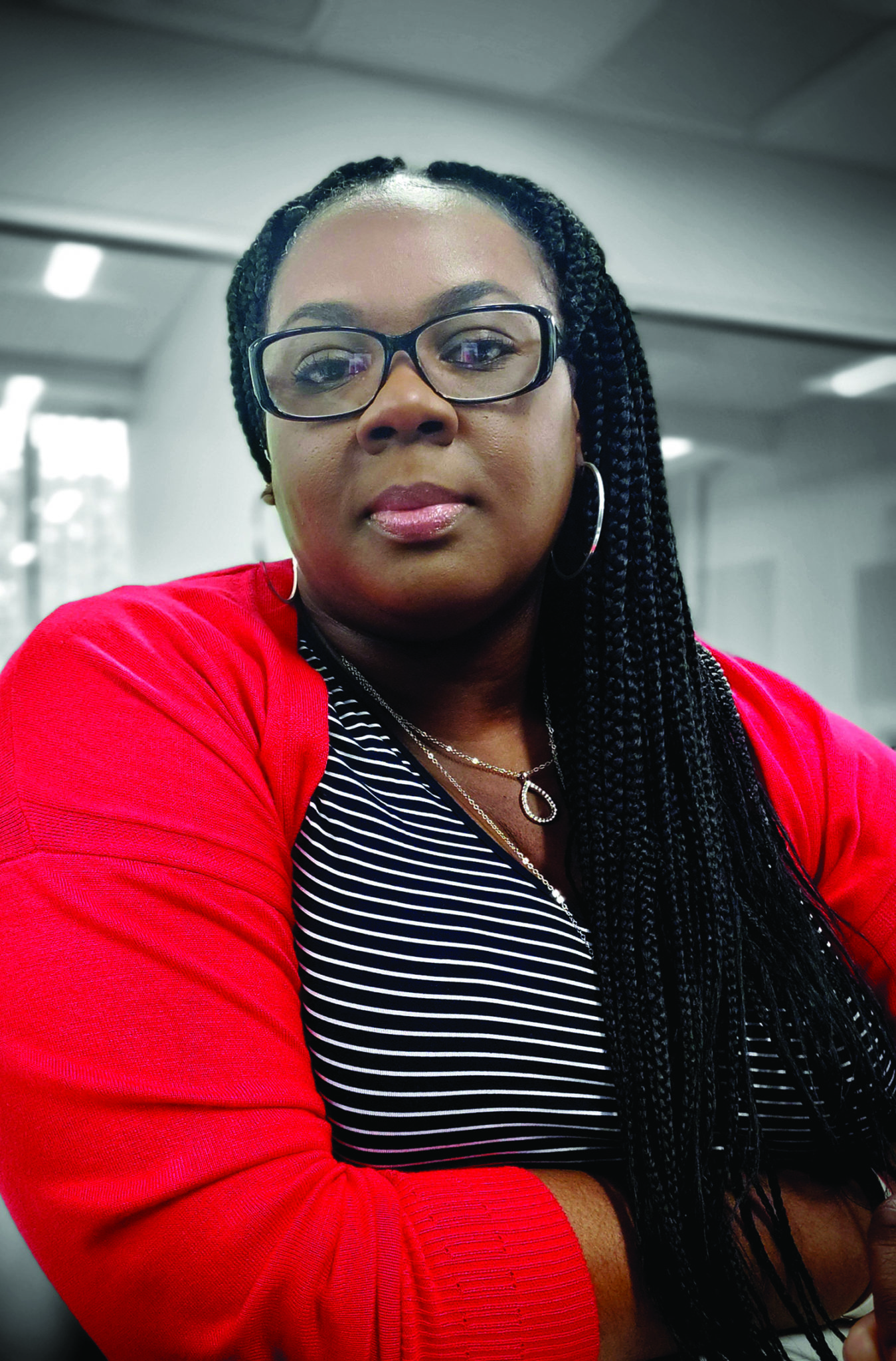As the stock market kept hitting new highs and the unemployment rates hit new lows, many business veterans were wondering what could come along to screw things up. Could there be that black swan, an unforeseen event? (Black swans weren’t thought to exist until they were discovered.)
The COVID-19 virus seems to have provided the answer. As this issue of SFBW was going to bed, some South Florida companies have seen their shares hit hard. Carnival Cruise Lines had dropped 48 percent from a 52-week high of $57.70 to a low of $30.19.
But in every cloud, there is a silver lining. Carnival’s depressed stock meant buyers could expect the $2 annual dividend to yield 5.98 percent. A chart on macrotrends.net shows the last time the dividend had hit that level was Nov. 19, 2008, when it briefly hit 9.46 percent as the stock paid out $1.21 a year and traded at $12.81. As Warren Buffet says, the time to buy is when there is blood in the streets.
To me, Wall Street doesn’t always behave rationally. Much of the trading is generated by algorithms where one round of price drops begets another. A 1,000-point rise in the Dow Jones Industrial Average happens in anticipation of a Fed rate cut, but then a 0.50 percent cut isn’t enough and the average falls again. Perhaps, it’s another case of buy on the rumor and sell on the news.
What we all need is a sense of grit. There are plenty of challenges in the world of business these days whether it’s technological disruption and a tight labor market that makes recruiting difficult or a virus that disrupts supply chains and scares workers and customers.
This leads me to this issue’s cover story on Eric Castro, co-founder of Bankers Health Care Group. Castro grew up in Hialeah in a working-class family that at times struggled to pay its bills. He and his brother, Bob, one of BHG’s other founders, would wash cars to help their family pay bills. Eric started working washing dishes in one of his mother’s restaurants at the age of 13. He learned to have grit as a child.
After serving in the Marines—thank you for your service!—Eric rejoined his brother and they had a number of business flops. However, his brother’s determination caught the eye of someone in the equipment leasing field. When his new boss experienced health issues, Bob was told he should set up shop on his own. He did. Eric joined him and they built a substantial company. Then, competition became fierce and they had to drastically overhaul their business model. They did that successfully, and now BHG has a very high valuation. (Hint, the letter “B” is involved.)
Another notable story in this issue is about Child Rescue Coalition, which has a noble mission to track down people who trade child pornography on peer-to-peer networks. Many who do so also abuse children.
I didn’t realize until I started researching for the article that CEO Carly Yoost’s father was the late Hank Asher, who was the pioneer of “data fusion”—taking an array of public record databases and aggregating them into one easily searchable system. He sold one company for $175 million and another for $775 million.
At his death, he was ramping up another company called TLO, which stood for “the last one.” He told me during an interview that it was supposed to be TLFO, but his lawyer frowned on what the “F” stood for.
Carly and her sister displayed grit by taking the reins of the fledgling company after their father’s death, avoiding a fire-sale price and using bankruptcy court to reorganize. These days, there are plenty of law enforcement agents with a lot of grit and determination using the technology to catch predators.










